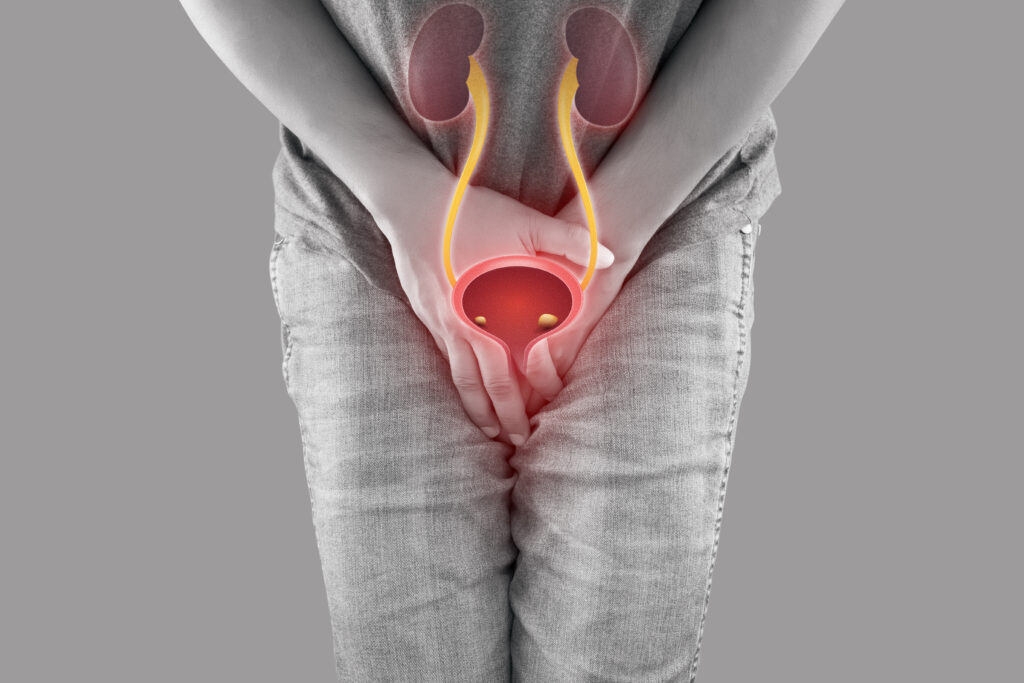What Is Interstitial Cystitis?
Interstitial cystitis (IC) is a long-term bladder condition. It causes pain, pressure, or discomfort in the bladder and pelvic area. Many people also call it painful bladder syndrome. Although it is not an infection, it can feel like one. IC can affect daily life, making it hard to work, sleep, or enjoy activities. According to the CDC, IC affects millions of people, especially women.
Common Symptoms of Interstitial Cystitis
IC symptoms can vary from person to person. However, some signs are more common. Early recognition helps you get the right care. Watch for these symptoms:
Sometimes, symptoms may come and go. But if they last for weeks or get worse, it is important to seek help.
When to See a Urologist for Interstitial Cystitis
Knowing when to see a urologist for interstitial cystitis is key. Early care can prevent problems and improve your quality of life. You should see a urology specialist for bladder pain if you notice:
Additionally, if you have tried home remedies but still have symptoms, it is time to consult a urologist. You can also search for a urologist near you for quick access to care.
How a Urologist Diagnoses Interstitial Cystitis
When you visit a urologist, they will ask about your symptoms and health history. Next, they may perform tests to rule out other problems. The interstitial cystitis diagnosis process may include:
These steps help your doctor find the cause of your symptoms and plan the best treatment.
Treatment Options and Lifestyle Management
There is no single cure for IC, but many treatments can help. Your urologist will suggest options based on your needs. Treatment for interstitial cystitis may include:
Along with medical care, lifestyle changes can make a big difference. For example, drinking enough water and avoiding caffeine may help.
Prevention Tips and Self-Care Strategies
While IC cannot always be prevented, you can take steps to manage symptoms. Try these self-care tips:
Furthermore, regular check-ups with your urologist can help track your progress and adjust your care plan.
Why Early Consultation Matters
Early diagnosis and treatment of IC can improve your comfort and prevent complications. If you notice symptoms, do not wait. Seeing a urology specialist for bladder pain can lead to better outcomes and a healthier life.
If you experience symptoms of interstitial cystitis, consult a urologist for personalized care.

